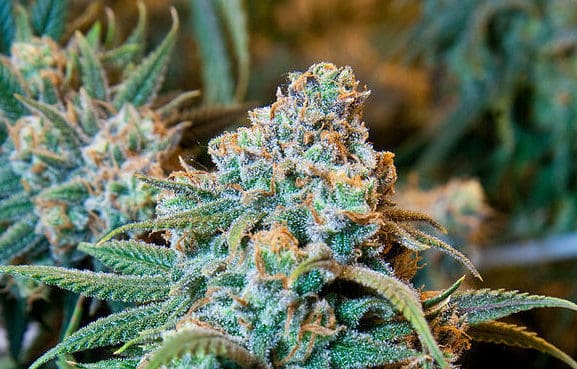Recreational cannabis use is linked to a heightened risk of emergency care and hospital admission for any cause, finds research published in the open access journal BMJ Open Respiratory Research.
The findings prompt the Canadian researchers to call for curbs on the rising levels of recreational cannabis use worldwide as a result of its legal reclassification in various countries: it’s not as harmless as some people might think, they say.
Cannabis is the most commonly used mind altering drug worldwide and its use is on the rise.
While cannabis contains similar types and quantities of volatile compounds and tar as tobacco—compounds that are implicated in the development of smoking-related airway disease—the evidence on its respiratory health harms is inconclusive and hotly contested.
In a bid to shed further light on the issues, the researchers looked at potential associations between use of the drug and more serious illness, as indicated by numbers of emergency room visits or hospital admissions for respiratory health reasons.
The researchers linked national health survey and health records data for 35,114 Ontario residents, aged 12 to 65, spanning the period January 2009 and December 2015. Ontario is Canada’s most populous province and ethnically diverse.
Those who admitted to cannabis use within the previous 12 months (4,087) were matched upwards to three people who said they had never used it, or used it only once and more than 12 months ago (10,395), taking account of 31 factors.
These included personal information; several physical and mental health conditions; indicators of general healthcare use; previous emergency room visits or hospital admissions for respiratory health issues; tobacco smoking history; problem drinking and other substance misuse; previous contact with a respiratory clinician; previous lung function testing; previous prescription med use for a respiratory problem; and previous flu vaccination.
Emergency room visits and hospital admissions for any reason as well as death from any cause were assessed up to 12 months after the date of cannabis use reporting.
Analysis of the data showed that the overall odds of dying from any cause and an emergency room visit or hospital admission for a respiratory issue didn’t differ significantly between the two groups.
When the data were further stratified by gender, previous hospital care for a respiratory problem, smoking, and a diagnosis of asthma or COPD, no significant differences emerged between the two groups either.
But cannabis users had significantly greater odds (22%) of an emergency room visit or hospital admission for any cause. And respiratory health reasons were the second most common cause (14%) after acute trauma (15%).
This is an observational study, and as such, can’t establish cause. And the researchers acknowledge that they weren’t able to differentiate between medical and recreational cannabis use, potency and quantity, or whether cannabis was eaten or smoked.
The study also relied on individual recall for cannabis use rather than objective assessment.
“Further research is needed to confirm our findings, but our results suggest that cannabis use is associated with increased risk for serious adverse health events, and therefore, its recreational consumption in the general population should be discouraged,” conclude the researchers.


